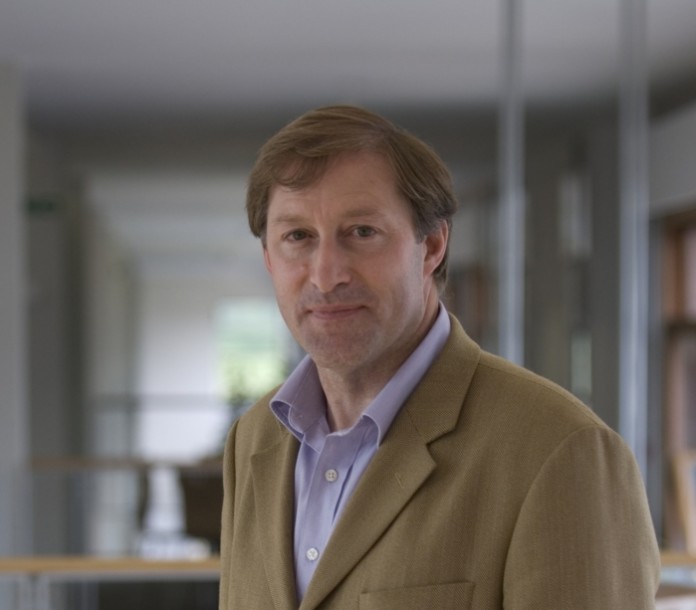Cities have more power to secure their own cleaner energy supply than they realise a new study by Arup, released this week at the 23rd World Energy Congress, shows. Growing cities, already accounting for over 50% of global energy consumption, can no longer afford to rely on a centralised energy supply and will need to take greater control to meet growing demand.
The Arup “Innovating Urban Energy” perspective paper provides insight for the World Energy Council Scenarios Report and shows that new technologies, innovative financing mechanisms and political changes are opening up opportunities for cities to secure their own energy. Technology drivers, such as advanced power electronics, smart metering and local generation, are allowing cities to diversify their energy portfolio.
Transactive energy is highlighted as an approach to change the way energy is bought and sold. This combines economic and control mechanisms to enable a dynamic balance of supply and demand using value created as a key operational parameter. It is allowing cities to develop lower cost, more stable networks capable of handling a much greater share of renewable sources. This particularly applies to electricity, but the report identifies that account needs to be taken of the other energy vectors. Many cities have existing energy and transport infrastructure that need integrated planning. Not all energy can sensibly arrive as electricity from renewable sources so other vectors such as district heating and hydrogen gas networks have a role to play in this integrated planning.
Crucially these technology developments are blurring the line between producers, distributers and consumers by allowing non-traditional energy players, such as technology companies, to enter the market. Corporates are increasingly looking for opportunities to become power producers in the new urban energy rush and could become significant contributors in the future.
At the same time the study points to the growing role of civic leaders in climate change action, indicating that cities are increasingly willing to enter a sphere traditionally reserved for national governments. The report shows that civic leaders can succeed without national policies in place, highlighting that many will have the mandate to act even when central government does not. A renewed interest in municipal energy companies in Germany, for example, is cited as evidence of the growing confidence of local authorities looking to secure their own cleaner energy supply. New financial products – such as green bonds and crowd funding – are also opening up new sources for cities to fund their own energy initiatives.
The report also highlights growing recognition of the relationship between urban planning and energy efficiency. Rapidly growing cities in Asia and Africa are urged to look to spatial planning to help reduce energy usage.
“City leaders are increasingly understanding that if they are to continue to grow and to improve the lives of their citizens, they will need to play a more active role in securing their own stable and low emissions energy supply. It is an exciting time because there are big technological and political shifts that are giving cities the opportunity to take control. And, increasingly, for businesses there is an opportunity to become energy prosumers; producing their own energy and even supplying cities. We are helping civic leaders and companies around the world to understand the opportunities and what will work both technically and pragmatically within their local contexts.” – Ian Gardner, Arup Global Energy Leader.



















